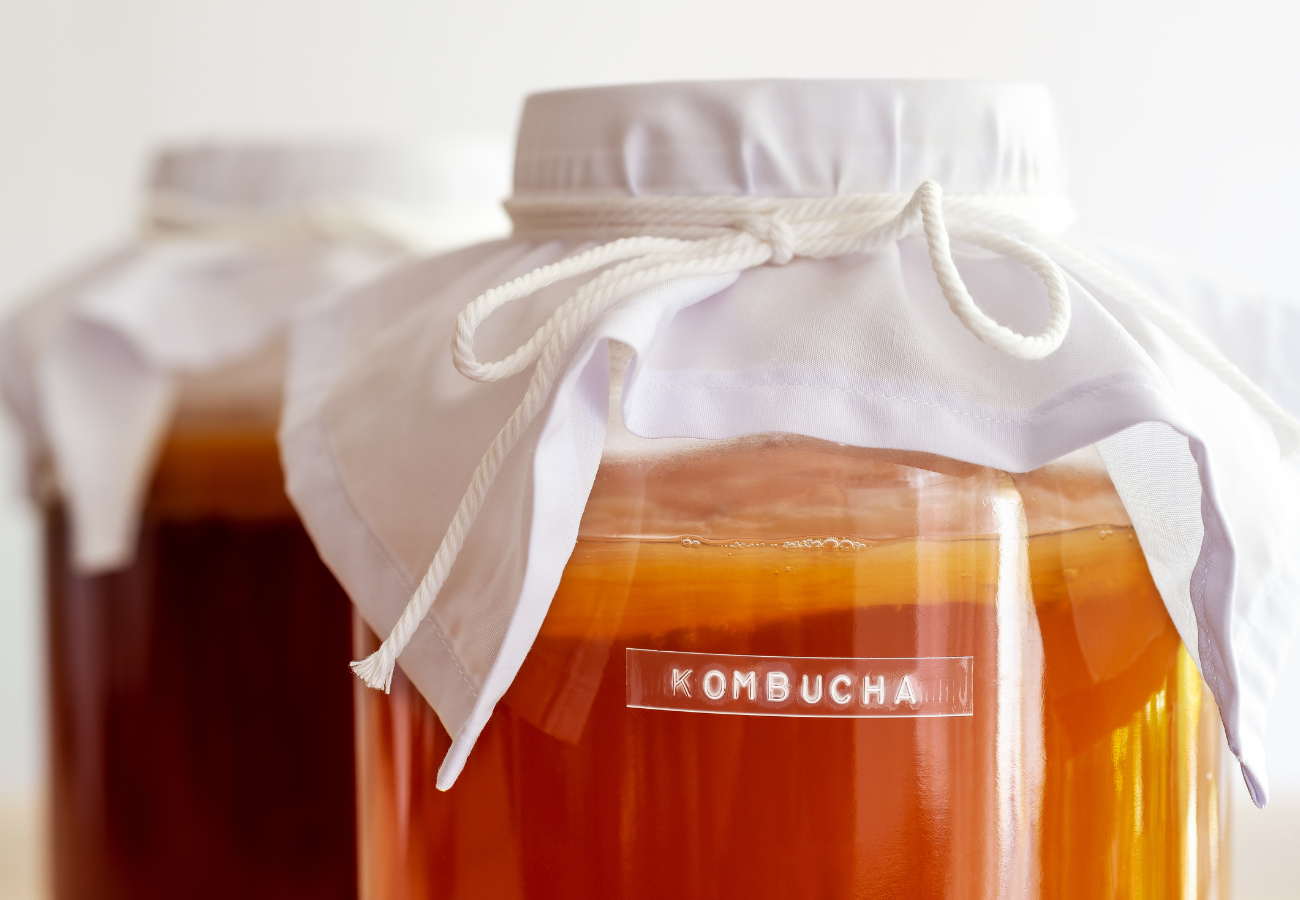100 trillion bacteria and microorganisms reside in your digestive tract. It sounds scary to hear that so many things live inside of us. We’re taught that bacteria are bad, and while some can harm our health, a diverse and healthy microbial community in the gut plays a major role in supporting overall well-being. These tiny organisms aid in digestion, regulate the immune system, and even impact mental health.
One of the easiest ways to support your gut microbiome is through your diet. Fermented foods, which have been consumed for centuries in various cultures, are packed with beneficial probiotics that help balance and diversify gut bacteria. You might be surprised to learn that common foods like yogurt and pickles fall into this category. But how exactly do they work to improve gut health? Let’s take a closer look.
Before diving into the specific benefits, let’s first understand what fermented foods are and how they’re made.
What Are Fermented Foods?
Fermented foods are made through a process in which natural bacteria, yeasts, or molds break down sugars and starches in food. This process not only preserves the food but also enhances its nutritional profile. During fermentation, beneficial probiotics are produced, which can improve digestion and support a healthier gut microbiome.
- Common methods of fermentation include lacto-fermentation, in which lactic acid bacteria break down sugars, and alcoholic fermentation, which is used in beverages like kombucha. The result is a food product rich in probiotics, vitamins, and enzymes that can be incredibly beneficial for gut health.
Fermented Foods to Try
If you’re new to fermented foods, here are 10 great options to add to your diet:
- Yogurt – Packed with probiotics, yogurt supports digestion and boosts immune function.
- Kefir – A tangy, drinkable yogurt loaded with diverse strains of probiotics.
- Sauerkraut – Fermented cabbage that’s rich in fiber and probiotics.
- Kimchi – A spicy Korean staple made from fermented vegetables with gut-friendly bacteria.
- Pickles – Cucumbers that, when fermented in brine rather than vinegar, contain probiotics that support digestion.
- Miso – A fermented soybean paste used in soups, providing beneficial enzymes and probiotics.
- Tempeh – A fermented soybean product high in protein and gut-friendly bacteria.
- Kombucha – A fizzy, fermented tea packed with probiotics and antioxidants.
- Natto – A Japanese fermented soybean dish rich in vitamin K2 and probiotics.
- Fermented Cheese (like Gouda or cheddar) – Contains probiotic strains that support gut health.

The Benefits of Eating Fermented Foods
Eating fermented foods can have numerous benefits, particularly for gut health. Here’s how they work:
- Improve Digestion – The probiotics in fermented foods help break down food more efficiently, reducing bloating and discomfort.
- Enhance Nutrient Absorption – Fermentation can increase the bioavailability of nutrients, meaning your body absorbs more vitamins and minerals.
- Support a Balanced Gut Microbiome – A diverse gut microbiome is linked to better digestion, stronger immunity, and even improved mental health.
- Boost Immunity – Since much of the immune system resides in the gut, a healthy microbiome can help fight off infections.
- Reduce Inflammation – Probiotics and bioactive compounds found in fermented foods can help lower inflammation in the body.
- May Benefit Mental Health – There is a connection between gut health and mood regulation, often referred to as the gut-brain axis.
If you’re not used to eating fermented foods, start small. Your gut microbiome needs time to adjust to the influx of probiotics. Eating too much too quickly may cause bloating or digestive discomfort. Gradually increasing your intake allows your body to adapt, ensuring you get all the benefits without any unpleasant side effects.
Fermented foods have been a dietary staple across cultures for centuries, and modern science is now catching up to their benefits. By incorporating a variety of fermented foods into your diet, you can improve digestion, support gut health, and even boost overall well-being. If you haven’t tried fermented foods yet, now is the perfect time to start.
For more health, beauty, wellness, and fitness tips, follow us on Instagram!


